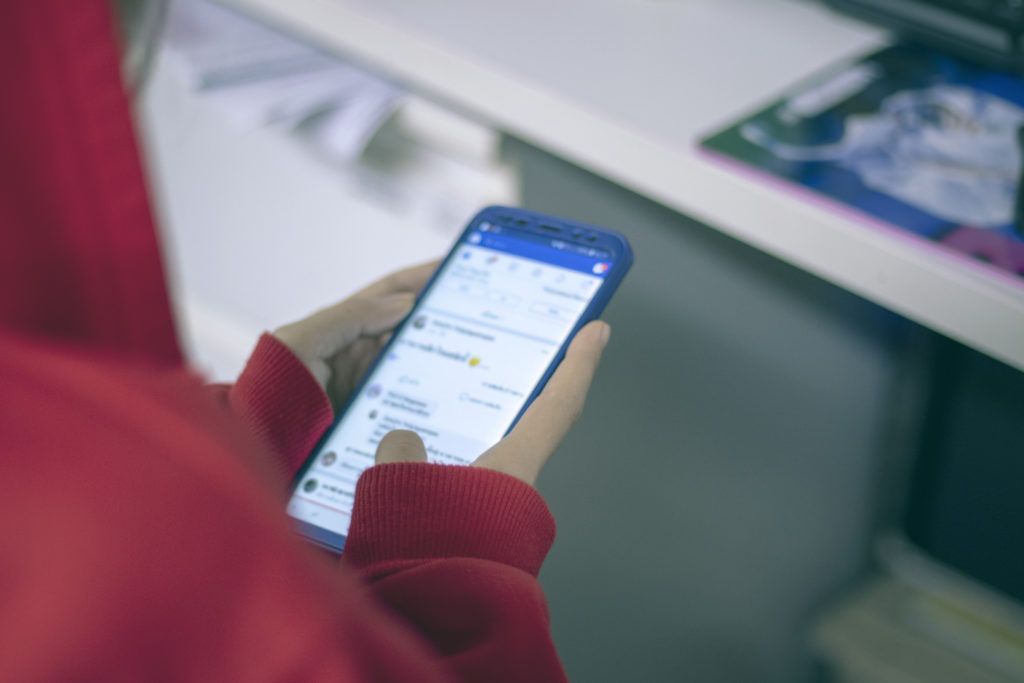Quick Hits
Daily brief research updates from the cognitive sciences

We probably all know someone who is extremely distrustful of fellow human beings. In fact, in some ways this has also become a feature I some countries’ political landscapes – deep distrust of the other.
So how do you get them to be more trustful – well the interesting thing that researchers have uncovered is that those who distrust humans most are more likely to trust AI more!
This was a part of study by researchers at Penn University – they recruited 676 participants to take part in a study in which they were told they were evaluating a new moderation tool for online content that helped to identify hate speech and suicide ideation.
Posts were then shown that had been flagged and they were told this had been flagged by a human, by AI, or by both. They then completed a survey on their individual differences which included distrust in others, political ideology, experience with technology, and trust in AI.
Surprisingly, or not surprisingly, those that most distrusted their fellow human beings trusted AI the most. This also included those who had a stronger conservative ideology. The converse also applied the more trust people had in human beings the less they trusted AI.
There was also a group of “power” users, those with the most experience of technology and they trusted AI less – they though AI wouldn’t be able to tell the nuances of human language apart – they may be more aware of the limitations of AI than others.
So, who would have thought it but trust in AI and humans has a negative correlation and political ideologies also predict this!

Andy Habermacher
Andy is author of leading brains Review, Neuroleadership, and multiple other books. He has been intensively involved in writing and research into neuroleadership and is considered one of Europe’s leading experts. He is also a well-known public speaker, speaking on the brain and human behaviour.
Andy is also a masters athlete (middle distance running) and competes regularly at international competitions (and holds a few national records in his age category).
References
Maria D. Molina, S. Shyam Sundar.
Does distrust in humans predict greater trust in AI? Role of individual differences in user responses to content moderation.
New Media & Society, 2022; 146144482211035
DOI: 10.1177/14614448221103534
More Quick Hits
Brain Scans Can Predict Your Political Affiliation
Quick HitsDaily brief research updates from the cognitive sciences rain scanning of political partisans is not new and it has long been reported that brain scans can predict political affiliation. But those studies were scans of political partisans...
Children with Same-Sex Parents Are Socially Well-Adjusted
Quick HitDaily brief research updates from the cognitive sciences his is not the first study to report that children of same-sex parents are well adjusted, there are plenty, but it is one of the first to be representative and hence gives some...
Simple Exposure to New Things Makes Your Brain Ready to Learn
ouldn’t it be great if we could learn things with no effort? Well, actually we often do, and children learn vast quantities of information, and knowledge with little to no effort – think of how well we learn languages which become fiendishly...
So, Can Cranberries Improve Memory?
tend to be hesitant to report on studies of single foods doing amazing things (because many do), but this piece of research still caught my eye. So, what did this group of researchers from the University of East Anglia find? Well, they...
The Real Problem with Social Media: It Induces Dissociative States
Quick HitsDaily brief research updates from the cognitive sciences ocial media seems to hijack our brains – or at least according to popular narratives. Most of us have experienced this where you get stuck in an endless stream of content,...
Adventurous Play Boosts Mental Resilience in Kids
o, a simple cheap way to help your kids improve all life skills and strengthen mental wellbeing. Too good to be true? Well, this piece of research, just out, finds a fascinating correlation with mental health and kids. This correlation was...






